 Image 1 of 8
Image 1 of 8

 Image 2 of 8
Image 2 of 8

 Image 3 of 8
Image 3 of 8

 Image 4 of 8
Image 4 of 8

 Image 5 of 8
Image 5 of 8

 Image 6 of 8
Image 6 of 8

 Image 7 of 8
Image 7 of 8

 Image 8 of 8
Image 8 of 8









Ormolu Mantel Clock By Raingo Freres, Paris
This charming 19th Century mantle clock has an 8 day movement striking on a bell, with a crisp white roman enamel dial with blued steel trefoil hands. The Movement is signed as is the dial and numbered 582. This number is repeated throughout the case and on the accompanying gilt wood stand, a remarkable survival considering this clock dates from the 1860’s.
The ormolu case retains its original mercury gilding in almost pristine condition, as well as the wonderful handmade porcelain flowers, that scintillate on gilded wires interspersed with gilded strawberry leaves. The flowers were almost certainly supplied by the Sevre factory. The gilding on the case has been further enhanced by Burnishing and chasing the surface, giving a pleasing tonal change from highly polished to matt in a rococo revival style.
Raingo Frères started with Zacharie Joseph Raingo (1775-1847). Born in Belgium in 1775, Zacharie Joseph Raingo made astronomical clocks, and example, a planetary pendulum clock made in 1824, was purchased by King George IV of England and is now housed in Windsor Castle. Zacharie Joseph Raingo had four sons, Adolphe, Charles, Denis and Dorsant, and together they formed Raingo Frères in 1823. In the 1860s, the firm supplied several clocks and bronzes to Emperor Napoleon III and his wife Empress Eugenie, which now form part of the collection at the Musée du Louvre. Such commissions enhanced the reputation of Raingo Frères, which became internationally recognized for the very fine quality of their bronzes and gilding. As the reputation of the firm grew, they collaborated with other famed makers of the times including Albert-Ernest Carrier-Belleuse, Auguste Moreau and François Linke. The firm exhibited at the most important Exhibitions of the second half of the 19th century, winning a gold award at the 1889 Exposition Universelle in Paris.
This clock is a fine example of both their clockmaking, bronze casting and gilding work, surviving in near mint condition for the last 180 years.
28cm H x 18cm W x 9cm D (with stand)
This charming 19th Century mantle clock has an 8 day movement striking on a bell, with a crisp white roman enamel dial with blued steel trefoil hands. The Movement is signed as is the dial and numbered 582. This number is repeated throughout the case and on the accompanying gilt wood stand, a remarkable survival considering this clock dates from the 1860’s.
The ormolu case retains its original mercury gilding in almost pristine condition, as well as the wonderful handmade porcelain flowers, that scintillate on gilded wires interspersed with gilded strawberry leaves. The flowers were almost certainly supplied by the Sevre factory. The gilding on the case has been further enhanced by Burnishing and chasing the surface, giving a pleasing tonal change from highly polished to matt in a rococo revival style.
Raingo Frères started with Zacharie Joseph Raingo (1775-1847). Born in Belgium in 1775, Zacharie Joseph Raingo made astronomical clocks, and example, a planetary pendulum clock made in 1824, was purchased by King George IV of England and is now housed in Windsor Castle. Zacharie Joseph Raingo had four sons, Adolphe, Charles, Denis and Dorsant, and together they formed Raingo Frères in 1823. In the 1860s, the firm supplied several clocks and bronzes to Emperor Napoleon III and his wife Empress Eugenie, which now form part of the collection at the Musée du Louvre. Such commissions enhanced the reputation of Raingo Frères, which became internationally recognized for the very fine quality of their bronzes and gilding. As the reputation of the firm grew, they collaborated with other famed makers of the times including Albert-Ernest Carrier-Belleuse, Auguste Moreau and François Linke. The firm exhibited at the most important Exhibitions of the second half of the 19th century, winning a gold award at the 1889 Exposition Universelle in Paris.
This clock is a fine example of both their clockmaking, bronze casting and gilding work, surviving in near mint condition for the last 180 years.
28cm H x 18cm W x 9cm D (with stand)








































